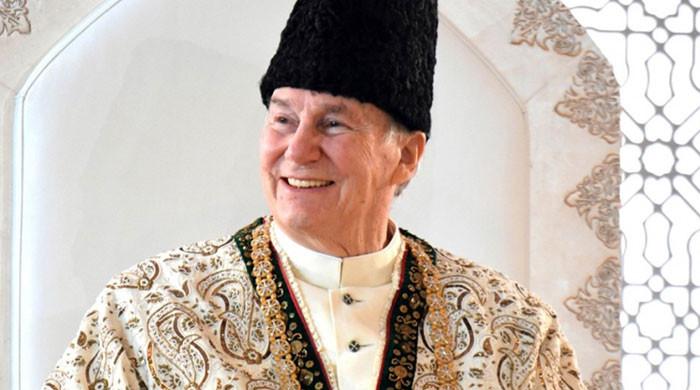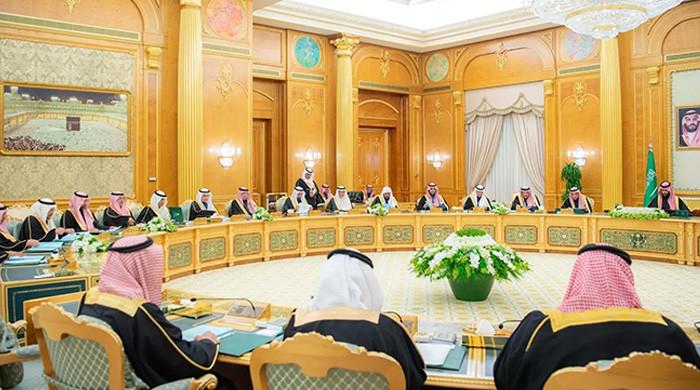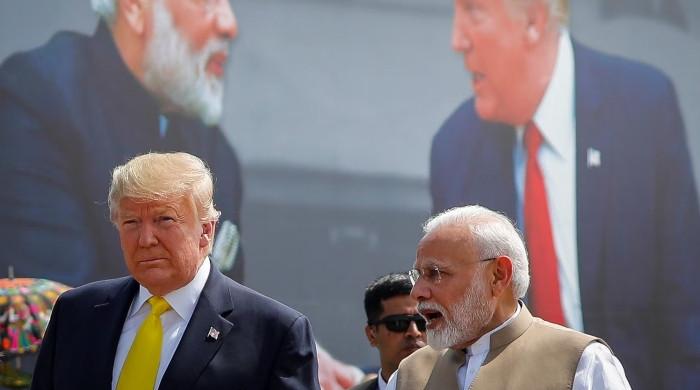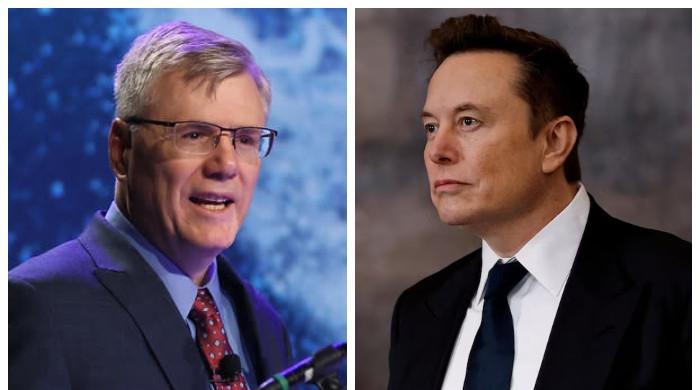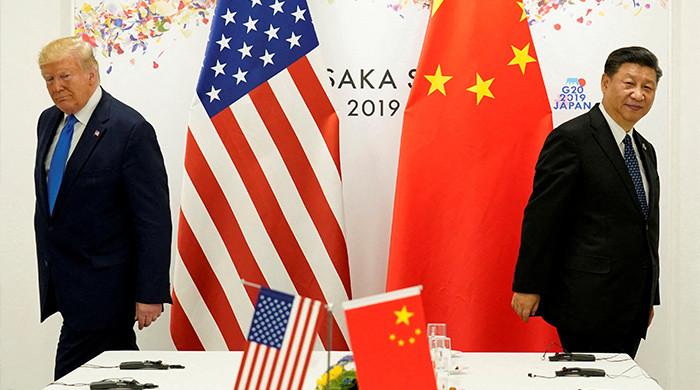'Sorry, Qin Gang is not found': Silence as China's ex-FM also vanishes from ministry website
Despite some information reappearing later, Qin's name was conspicuously absent from the list of "former ministers"
August 01, 2023

Days after convening a special meeting to remove foreign minister Qin Gang, China's top legislature swiftly scrubbed any trace of the 57-year-old from his former ministry's website.
Despite some information reappearing later, Qin's name was conspicuously absent from the list of "former ministers," and searches for him resulted in a disheartening "Sorry, Qin Gang is not found."
Amidst his mysterious absence, the foreign ministry attributed it to health reasons, but the statement was later removed from official transcripts.
The lack of transparency surrounding his removal fueled extensive speculation about his fate and the implications for President Xi Jinping, who supported Qin's remarkable rise to power.
The appointment of veteran diplomat Wang Yi to replace Qin raised more questions than answers, with little information disclosed about the reason for the change.
When questioned about Qin's removal, the ministry responded by emphasising its opposition to "malicious hype" and promised timely information release.
Both China's Foreign Ministry and the State Council Information Office remained tight-lipped, refusing to comment on the unfolding story.
Qin's puzzlingly long and unexplained absence, coupled with the abrupt end to his tenure, only added to the speculations.
Some experts doubted that health issues were the true reason for his dismissal, as the state could have appointed a deputy to fill in temporarily.
Qin's tenure lasted only half a year, despite becoming one of the youngest foreign ministers in China's history.
The practice of erasing officials from collective memory in China is not unprecedented, with previous examples such as industry minister Xiao Yaqing and former chief protocol officer Zhang Kunsheng being wiped out from official records.
However, Qin's case presents a more complicated picture. While the National People's Congress Standing Committee didn't remove Qin's other title of State Councillor, indicating there may be more to the story, his portrait still hung prominently at the Chinese embassy in Washington.
Qin's rapid ascent through the ranks, from chief protocol officer to U.S. ambassador and eventually foreign minister and state councillor, is attributed to his proximity to President Xi Jinping.
Xi's personal involvement in selecting officials for his third term in office also raises the stakes surrounding Qin's removal.
The lack of transparency in Qin's case sheds light on the vulnerability of Xi's one-man politics, leaving observers with lingering questions about the true reasons behind his dismissal.
As speculations continue, the truth may eventually emerge, as is often the case in China, even if it takes months or years.





